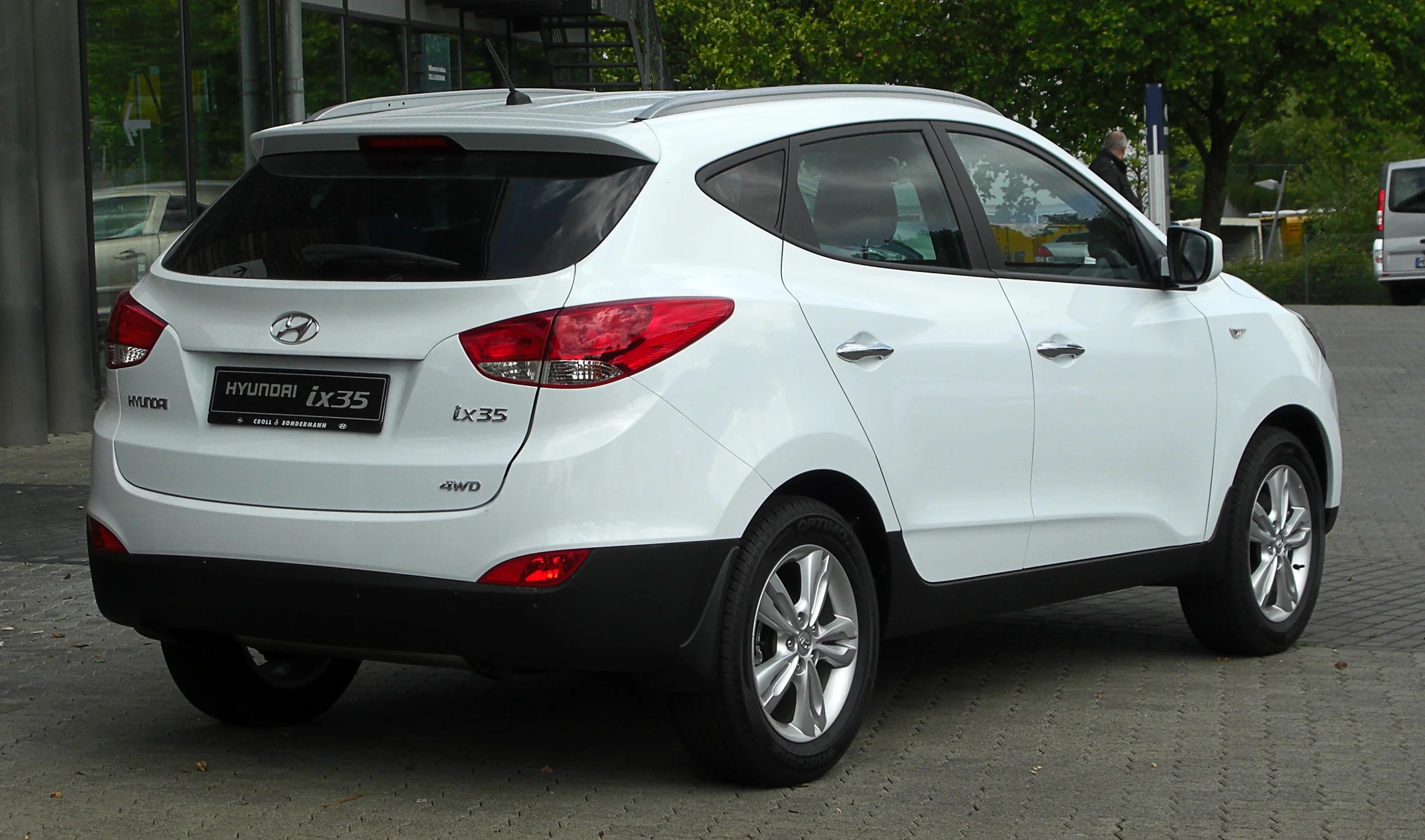The previous article gave a clear picture about batteries and it is evident that these batteries have minimal or no role in the commercial (Freight and passenger aviation) sector. They are still depending and will be dependent on fossil fuels until a suitable alternative source of energy is found. But is it still not found? Well the first element of the periodic table gives us an idea about the future of these sectors.

As we can see the plot, it is very clear that Hydrogen has a very good potential in powering these sectors. Specific energy of 142MJ/Kg is several hundred times higher than that of Lithium ion batteries (~0.9 MJ/Kg) also, this value is higher than that of gasoline (~46 MJ/Kg), Diesel (~49 MJ/Kg) and Kerosene (~43 MJ/Kg) which depicts that if used it can be more efficient than the already existing fossil counterpart (Less weight of fuel for more range). Weight reduction can be achieved which is one factor that the aviation industry needs. If that is the case why is nobody using it? The answer to this is production of hydrogen.
Though hydrogen is the most abundant element in the universe but it is often seen in the form of hydrocarbons and water. Methane can be converted into hydrogen and carbon di oxide. The reaction is as follows.
CH4 + H2O → CO + 3H2.
CO + H2O → CO2 + H2.
This process is called as natural gas reforming and it is one of the main sources of hydrogen. The equation above depicts that this process produces more harmful gases and cannot be considered as green mode of transportation.
If green is the objective, hydrogen can be extracted by using electrolysis. Here, hydrogen is extracted from water where H+ ions move to the anode and oxygen can be collected in the cathode. Assuming that only renewable energy is used for this process, hydrogen fuels makes sense. Here to improve the production one has to add a few amounts of electrolyte to improve the conductivity.
Using proton exchange membrane instead of an electrolyte increases the productivity even further. This is quite similar to the former process except for that it uses a semipermeable membrane made of ionomers and as the name suggests it lets in only protons (i.e.) H+ ions to the cathode leaving the oxygen to the other side of the membrane. Then hydrogen is collected from cathode and used for various purposes. One problem here is that hydrogen obtained cannot be used just like that. it has to be compressed to a pressure of 700 bar which is nearly 700 times of what we obtain. Designing and operating such compressors are a bit difficult. Alternatively, it can be liquified but the former process would be more efficient. Unlike batteries, these compressors have losses to be considered which is not desirable (Batteries have very less losses). Storing these gases is also a headache. Unlike gasoline or diesel, the hydrogen tanks must withstand such high pressure and it has to be safe during an accident. Since hydrogen is a light, this can be easily deployed to the atmosphere safely in case of any accident. Therefore, no worries. It is safer than its counterparts.
How it is powers the vehicles? Well that is covered in another article. Fuel cells use hydrogen and produce power leaving water as a product. It is the opposite process of electrolysis. Companies like Toyota are working in this field Mirai is an example. The interesting part here is that the company has made their 3000 plus patents accessible to anyone in order to make improvements in this field as they consider it very important to save the planet.
One major thing to be noted here is that the losses associated with the whole process. From production of hydrogen to powering the wheels of the vehicle which includes compression, current conversion and inversion, storage, transmission, etc. It is very low compared to batteries but better than IC engines. Remember, the energy density of one of the best batteries is around 1MJ/Kg and it can be viable to passenger cars and two wheelers but hydrogen has the potential to be the future of fleet and aviation. This makes me to believe in hydrogen and it can change the world of transportation. Do give your suggestions (contact us section) about hydrogen and it can be useful is future discussions on hydrogen.
